Relationship between menopause and depression
Menopause , a natural stage in a woman's life, marks the end of menstruation and the ability to conceive. While it is commonly associated with hot flashes, mood swings and insomnia, it can also have a significant impact on mental health, especially when it comes to depression.
What is depression?
Depression is a mood disorder characterized by persistent sadness or a loss of interest in activities once enjoyed. It can cause a variety of emotional and physical symptoms that can interfere with daily life.
Symptoms of depression:
- Constant feelings of sadness or emptiness
- Loss of interest or pleasure in usual activities
- Changes in appetite, which can lead to weight loss or gain without trying to do so
- Trouble sleeping or sleeping too much
- Loss of energy or increased fatigue
- Difficulty concentrating, remembering things, or making decisions
- Restlessness or feeling of being "slowed down"
- Feelings of worthlessness or guilt
- Thoughts of death or suicide
How is menopause related to depression?
The relationship between menopause and depression is complex and not yet fully understood. However, there are several factors that may contribute to the risk of depression during this period:
Hormonal changes: Menopause causes a drastic decrease in the levels of estrogen and progesterone , hormones that play an important role in regulating mood. This hormonal drop can affect the levels of neurotransmitters such as serotonin and dopamine, which are also involved in regulating mood.
Psychosocial factors: Menopause often coincides with other major life changes, such as aging parents, empty nesting, or career changes. These stressors can increase the risk of depression, especially in women with a history of depression or mental health problems.
Individual vulnerability: Some women are more prone to depression than others due to genetic, biological, or psychological factors. For example, women with a history of depression, anxiety, or mood disorders are at higher risk of experiencing depression during menopause.
What are the signs of depression during menopause?
While it's common to experience some mood swings during menopause, it's important to distinguish between these changes and symptoms of depression. Some signs of depression that may indicate a more serious problem include:
- Feeling sad or discouraged most of the time
- Losing interest in activities you once enjoyed
- Have changes in appetite or sleep
- Feeling tired or without energy
- Having difficulty concentrating or remembering things
- Feeling irritable or moody
- Having thoughts of death or suicide
What can be done to treat depression during menopause?
If you think you may be depressed, it's important to seek professional help. Depression during menopause is entirely treatable, with a variety of approaches, including:
Therapy: Cognitive behavioral therapy (CBT) is an effective type of therapy for treating depression. CBT can help you identify and change the negative thoughts and behaviors that contribute to your depression. You can also look into other types of therapies and choose the one that resonates most with you.
Medications/supplements: There are different active ingredients that They may be useful in relieving symptoms of depression during menopause , especially those related to hormonal imbalance.
Lifestyle changes: Making healthy lifestyle changes, such as exercising regularly, eating a healthy diet, and getting enough sleep, can also help improve your mood.
Common myths about depression and menopause
There are many myths about depression and menopause that can prevent women from seeking the help they need. Some of the most common myths include:
-
Depression during menopause is normal and you just have to get over it. While it's common to experience some mood swings during menopause, depression is not a normal part of the process. If you're experiencing symptoms of depression, you should know that you're not alone and that it's a completely treatable condition.
-
Only emotionally weak or unstable women experience depression during menopause. Depression is a medical illness that can affect anyone, regardless of their emotional strength or stability. We can all be depressed, just as we all have the ability (even if we need help) to get out of it.
-
There is nothing that can be done to treat depression during menopause. At Adaptoheal we know this is a complete myth and we have seen many women overcome depression during menopause.
It's important to remember that you're not alone. Millions of women experience depression during menopause, and there are solutions to regulate hormonal imbalances and regain your mental health.

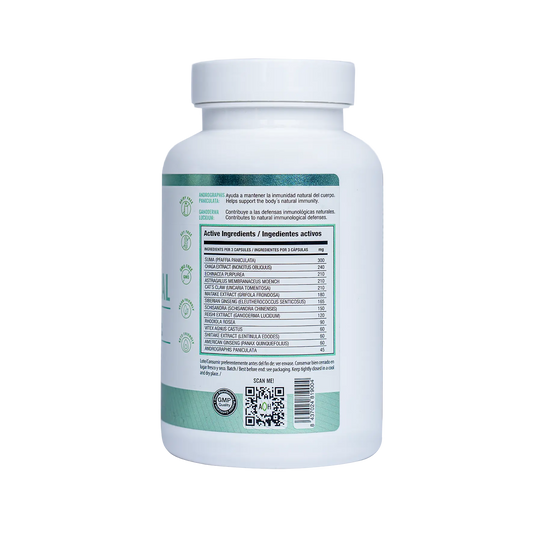
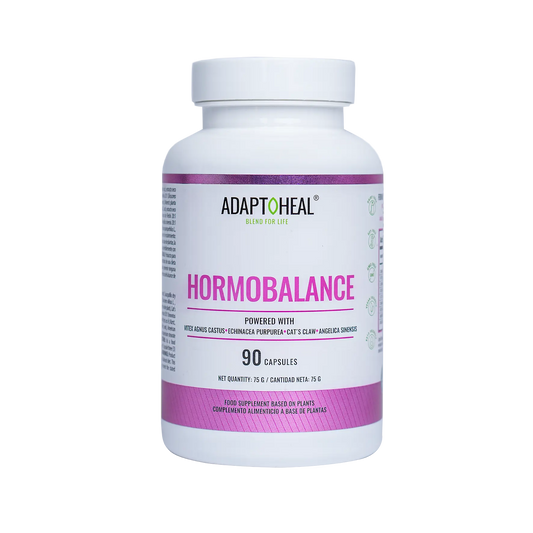






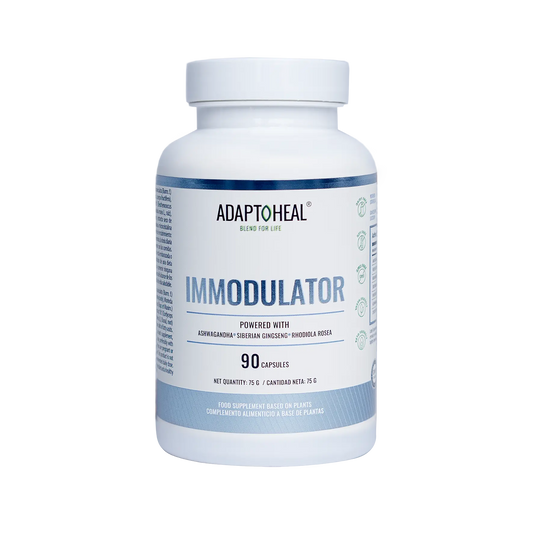

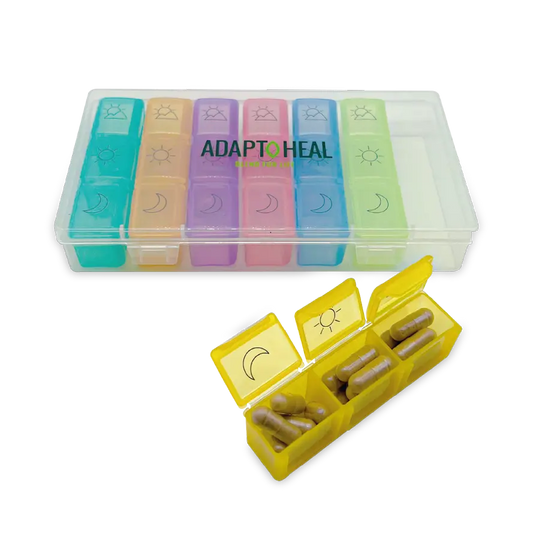
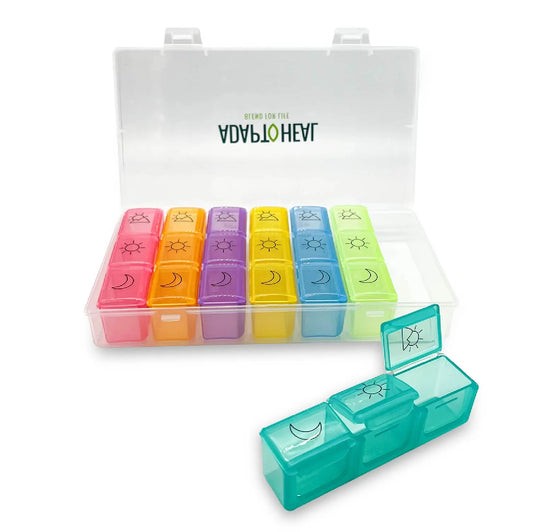
Leave a comment